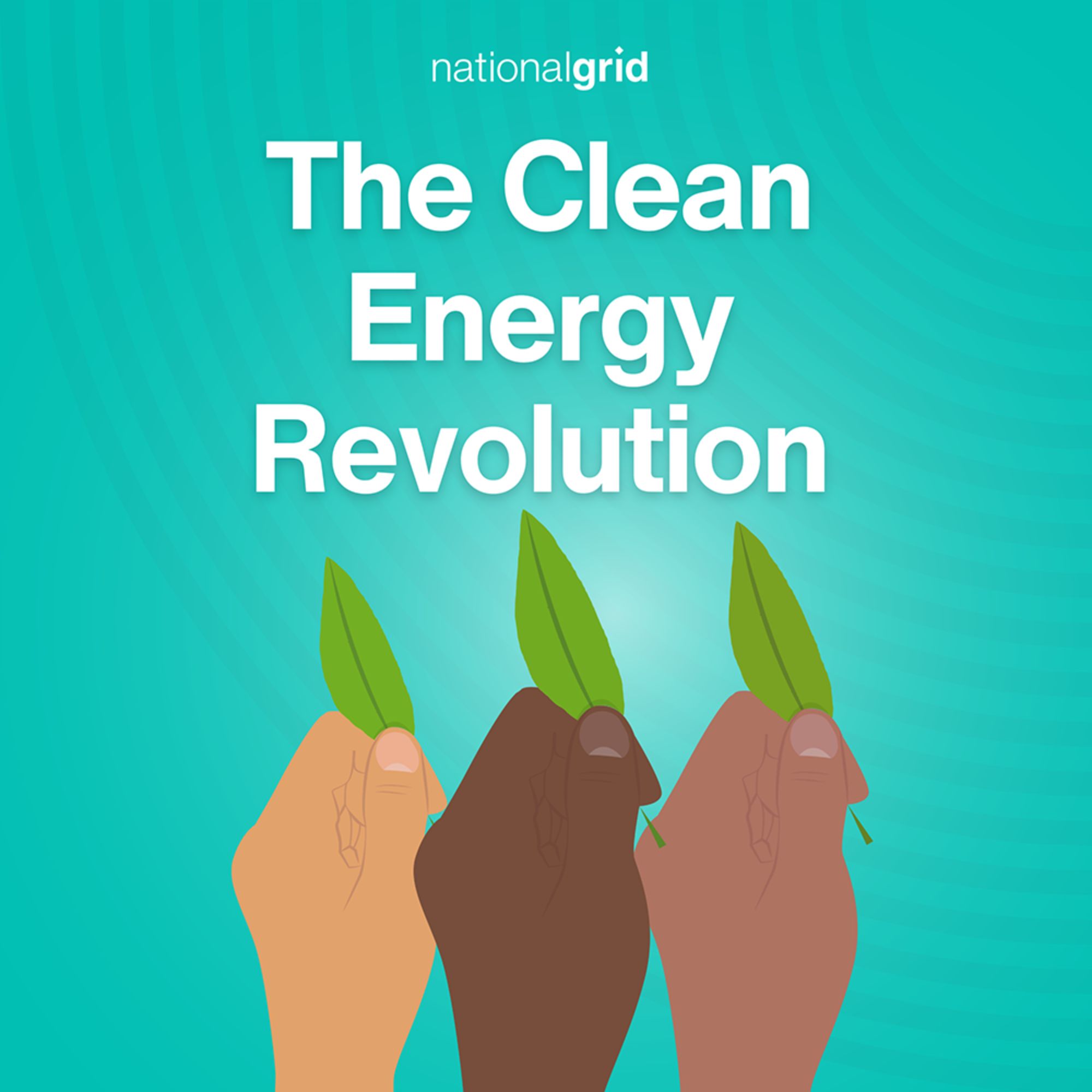Harnessing an increased supply of renewable energy
Description
This year will see a significant milestone: renewable sources are poised to constitute over a third of global electricity generation, according to the International Energy Agency (IEA).
With the ambitious pledge set out at COP28 - to triple renewable capacity by 2030 - still high on the agenda of global energy policy, much focus is on the capability of electricity grids to deliver on increased demand. What infrastructural and regulatory frameworks need updating as we move toward 50% renewable generation, and towards the ultimate goal of 100%? As electrification increases, a modern grid is essential to handle the load.
So how can countries continue the significant progress that’s already been made in increasing renewable generation, and evolve our grids for the future?
In this episode, Laura and Carolyn are joined by National Grid’s Reihaneh Irani-Famili (VP capital delivery, project management and construction) and Sara Habib (Head of future price controls) to discuss the tripling of renewable energy generation. How will it happen and how do make sure the grids can cope?
China's huge solar deployment has created competition globally in manufacturing as well as research and development, so the discussion naturally revolves around policy planning in the UK and US, grid modernisation and the balance between energy security, affordability and decarbonisation.
What are the plans to modernise the grid to keep up with forecasted clean energy demand? Find out on The Clean Energy Revolution.
Discover more about National Grid at www.nationalgrid.com
More Episodes
The Global Wind Energy Council forecasts that, with sustained policy support and investment, global wind capacity could reach 2,000 GW by 2030. This would be a significant contribution to net zero goals, so what does this sustained policy support look like? Where does the investment need to go,...
Published 04/15/24
Published 03/13/24
It's going to be a significant year for clean energy.
In 2024, countries are expected to update or submit new nationally determined contributions - their commitments to reduce emissions and adapt to the impacts of climate change. The International Energy Agency has highlighted the need for...
Published 02/21/24


